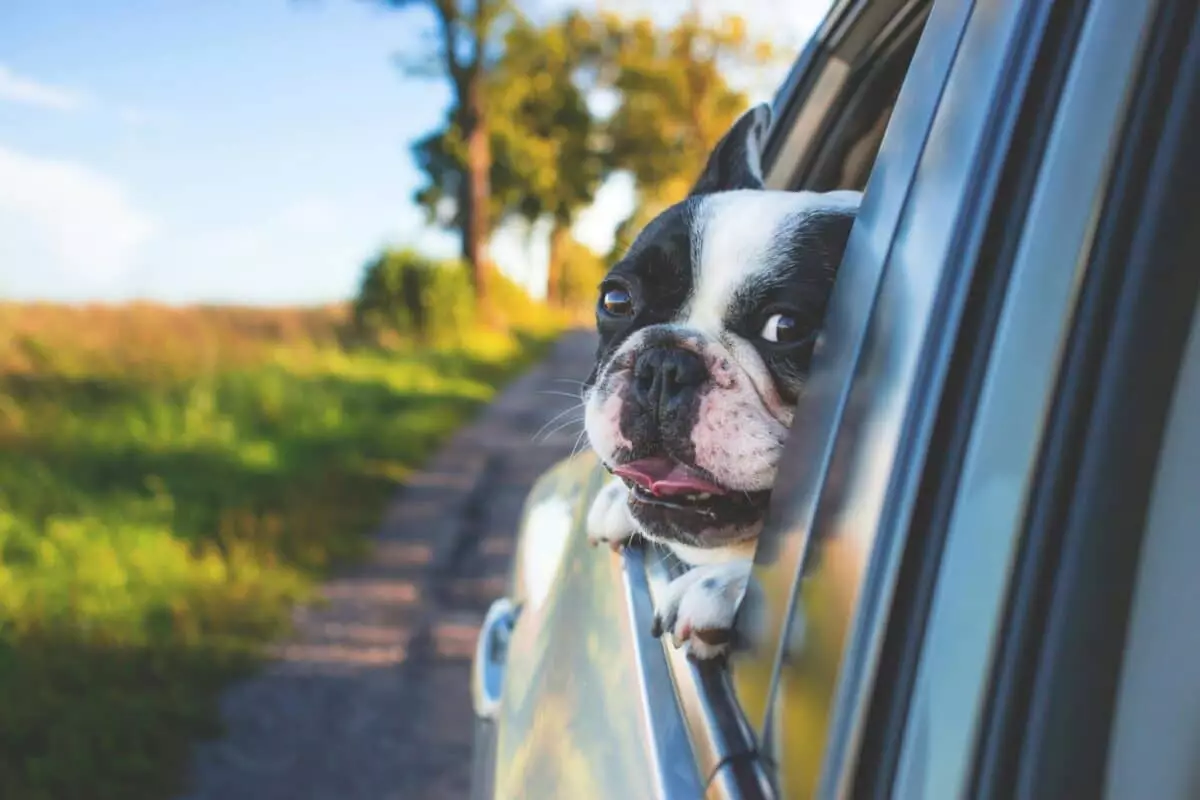Taking your furry friend on a road trip can create unforgettable memories, but not all dog breeds are equally suited for the experience. While some dogs enthusiastically embrace the dashboard view and the wind in their ears, others may require special considerations for a comfortable journey. This article focuses on dog breeds that may need extra care during car rides, ensuring that both the pet and the owner can enjoy a stress-free travel experience.
Identifying Breeds That Struggle on the Road
When planning a road trip, understanding your dog’s temperament and physical characteristics is crucial. Each breed has its unique challenges, and recognizing these can help mitigate issues such as anxiety, motion sickness, or discomfort. Basset Hounds, for example, are known for their gentle demeanor. However, their heavy bodies and sensitive inner ears make them vulnerable to motion sickness. To enhance their travel experience, it’s best to provide them with a comfy space to lie down, allowing them to find stability amid the vehicle’s movements.
Similarly, other breeds, such as Boxers, possess vibrant energy that can lead to restlessness. If left unexercised before a trip, Boxers may become anxious in the car. As a preventive measure, giving them ample exercise beforehand can significantly alleviate their stress, allowing them to enjoy the ride more fully. Bringing a favorite toy can also offer comfort, transforming the car into a more inviting space.
Dogs like English and French Bulldogs face unique challenges due to their brachycephalic (short-snouted) anatomy. This design can hinder their breathing, particularly in confined spaces like a car. Ensuring proper ventilation and keeping the environment cool is critical. Owners must avoid long trips during hot weather to prevent overheating, which brachycephalic breeds are especially susceptible to. Frequent breaks and monitoring for any signs of distress can help safeguard their well-being on the road.
It’s not just the Bulldogs that experience these challenges. Other brachycephalic breeds, such as Pugs and Shih Tzus, also require careful planning during travel. Owners should keep the car atmosphere cool and ensure their pets have access to fresh air. Long-haired breeds like Shih Tzus may also need additional care, as their luxurious coats can trap heat. Frequent breaks to allow the dog to cool down and hydrate can significantly enhance their comfort.
Giant breeds such as Great Danes offer their own set of travel concerns simply due to their size. It’s vital to plan ahead when traveling with a large dog to ensure they can comfortably fit in the vehicle. Spreading out a cushioned bed can provide them relief and necessary support during long trips. Moreover, regular stops to allow them to stretch their long legs can help prevent discomfort and maintain their physical health.
Conversely, even small breeds like Chihuahuas can be surprisingly hard to manage on road trips. Despite their size, Chihuahuas are prone to anxiety and can be easily tossed around in a moving vehicle. Securing them in a cozy, soft carrier can be a game-changer. Wrapping them in a blanket can further offer a sense of security, turning the car into a more familiar space.
German Shepherds, known for their loyalty, might also experience separation anxiety during car trips, and they can be prone to car sickness. It is advisable to maintain proper ventilation and provide calming distractions, especially for dogs that experience distress when confined to a vehicle. Likewise, Cavalier King Charles Spaniels—affectionate companions—are sensitive to motion sickness. Bringing along soft music or calming toys can create a pleasant atmosphere, making the journey more enjoyable.
Smaller breeds, like the Bichon Frise, may experience significant stress during car travel. Their fluffy coats shed easily and can surge anxiety levels if not accustomed to riding in vehicles. Thus, a calming environment, a comfortable carrier, and a little preparation can help alleviate their nervousness.
Not all dogs have the adventurous spirit required for road trips, and various breeds necessitate additional care and attention during travel. Whether relating to motion sickness, anxiety, or specific physical needs, being mindful of these factors can transform any road trip into a delightful experience for both human and canine.
As dog owners, taking the time to ensure the comfort and well-being of our furry passengers is of utmost importance. Preparing for the journey—by packing their favorite treats, making frequent pit stops, and providing secure spots—will not only enhance their travel experience but also strengthen the bond we share with them. So, when planning your next road adventure, remember that the joy of traveling with your furry friend is worth the extra effort!


Leave a Reply